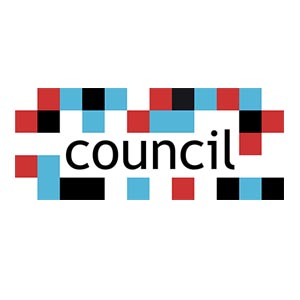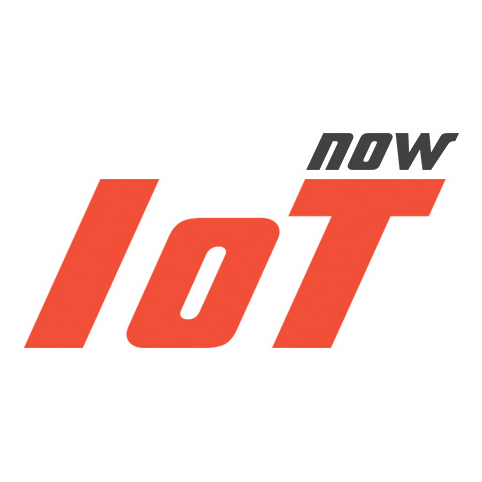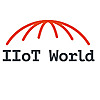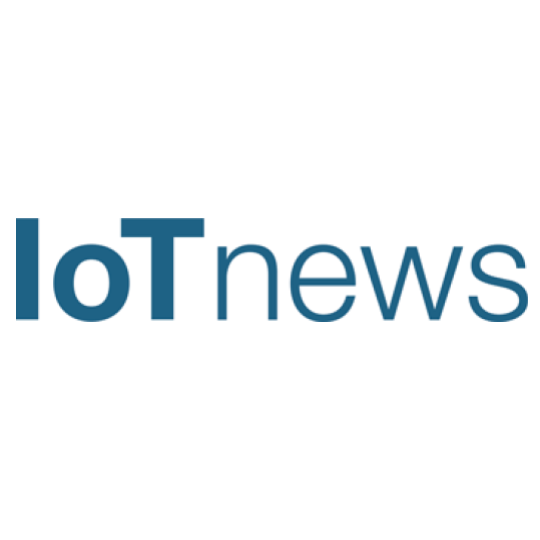
One analogy that we like to use when it comes to describing IoT is an iceberg. The application and benefits of IoT are what is seen above the surface, but below the surface is the remaining 90 percent of the iceberg. However, an organization leveraging IoT is not interested in what is underneath the surface and, oftentimes, cannot be bogged down by the breadth of those complexities.
What are IoT Managed Services?
IoT managed services are those under-the-surface complexities that power the above-the-surface applications and benefits of IoT. For example, if a healthcare technology organization needs handheld devices as part of an IoT healthcare solution, all the healthcare organization wants is a device that works right out of the box.
“IoT managed services are those under-the-surface complexities that power the above-the-surface applications and benefits of IoT.”
-KORE Wireless
But to accomplish that, the device needs to be procured, validated, configured, equipped with Mobile Device Management software, handled, and kitted in a regulatory-compliant warehouse, and then shipped out to the organization.
Alternately, if the healthcare organization would prefer to send these devices to several regional hospitals or numerous hospitals across the country – this further complicates the logistics end additional steps will come into play.
The path from the organization’s needs to those needs actually being met is complex and requires a lot of steps, which is where IoT managed services can come in and manage every step in that process. This accomplishes several things.
Benefits of IoT Managed Services
Speedier Time to Market
While some of these tasks could be managed internally by an organization, they can be cumbersome, especially if a firm is not accustomed to managing those details. Whereas an IoT managed services provider will have the partner ecosystem and experience to manage these tasks more briskly, speeding the deployment of the solution.
Reduced Costs
The longer time to launch is part and parcel with cost overruns, as is the risk that a step in the managed services process will be done incorrectly. Device certification, in particular, is a significant area of challenge.
When a new device is introduced to a carrier network, it needs to be certified first to make sure it is operable and not harmful to the network. This process can potentially take a few months or longer if not expedited by a third-party IoT managed services provider.
Costs are also reduced by outsourcing to a third party and not taking on the costs of building out an internal department or work pod dedicated to managing these crucial services.
Support for Management and Scale
Once deployed, IoT solutions remain in motion. Devices need to be replaced, which requires device end-of-life care and recycling or disposal, and new devices need to be onboarded and integrated into the solution. If that same healthcare organization in the earlier example continues to add hospitals where it is utilizing connected devices, this is a continuous part of the solution that needs to be managed.
A Wide Scope of Services
IoT managed services, of course, aren’t just confined to healthcare solutions, but solutions of all types. Another example is fleet management. If a fleet solutions provider wants to start selling in-vehicle video equipped with artificial intelligence to its customers, then those components need a SIM card and need to be configured to a network, as well as kitted with all the right components, chargers, adapters, and any necessary hardware for installation, along with user guides and manuals.
Alternately, an organization might be interested in expanding its IoT solution set to serve international customers, which brings in many considerations about regulations, telecommunication standards, network connectivity, roaming differences, and other operational considerations.
An IoT managed services provider, particularly one with global expertise, can streamline the process and guide the organization more efficiently into global expansion.




 Contact Company
Contact Company






 Latest IoT News
Latest IoT News









